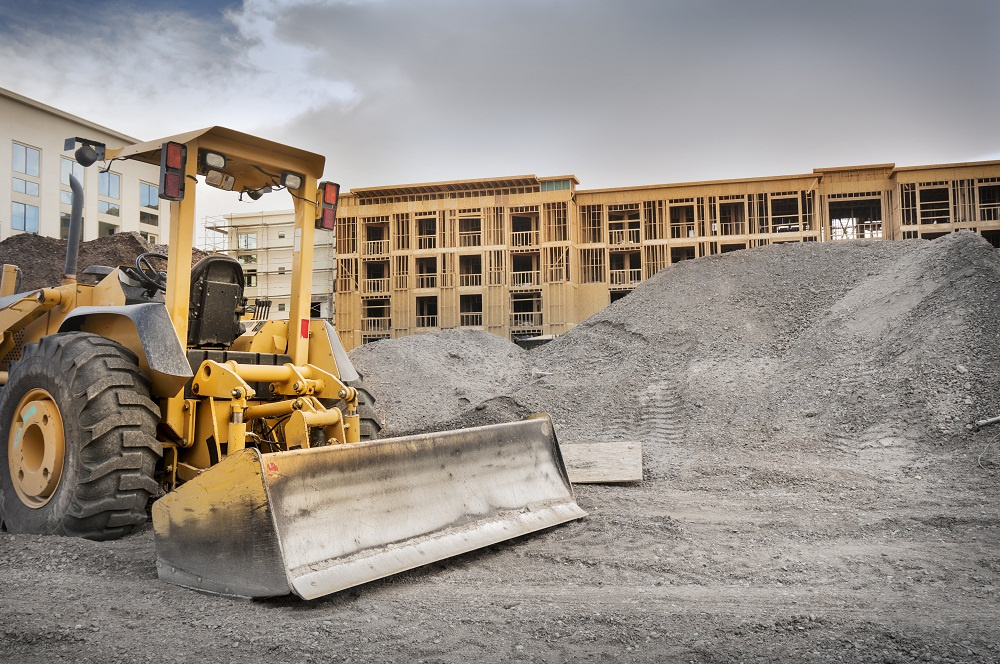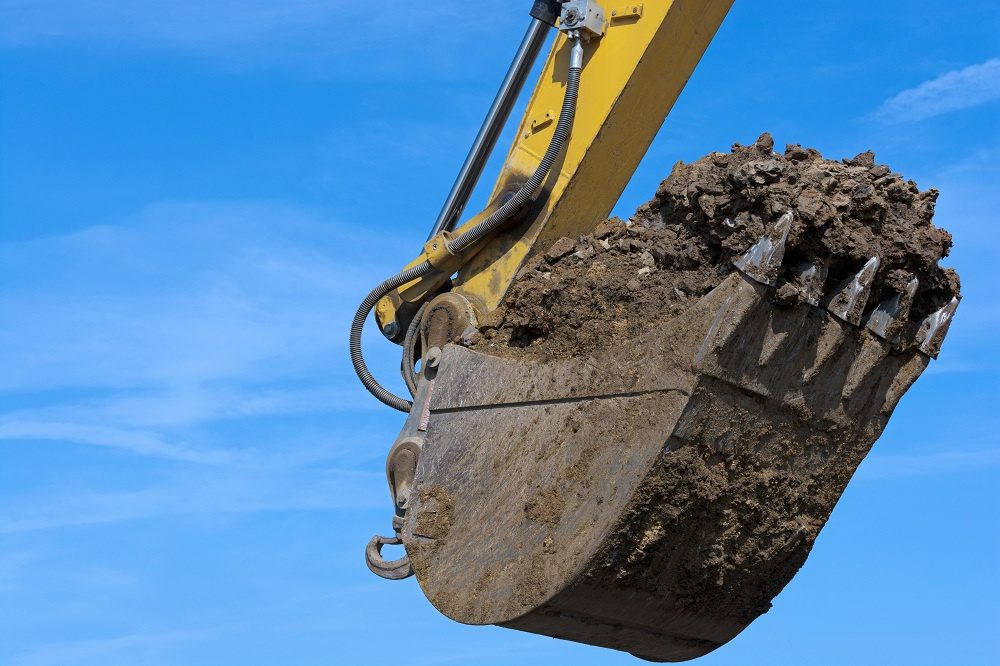An Overview to Commercial Land Clearing and Excavation

 For many companies, commercial excavation in Traverse City is absolutely essential. Unfortunately, many business leaders and investors don't fully appreciate or understand what's involved in the process of land clearing and excavating. You may walk across an empty lot and feel like the ground is quite firm and solid. For a human, it probably is, but a building is a whole different story. The excavation process is more than simply clearing brush and digging holes. A site has to be adequately prepared for the heavy machinery, equipment, and buildings that will eventually be located in that space. It's a complex and demanding process.
For many companies, commercial excavation in Traverse City is absolutely essential. Unfortunately, many business leaders and investors don't fully appreciate or understand what's involved in the process of land clearing and excavating. You may walk across an empty lot and feel like the ground is quite firm and solid. For a human, it probably is, but a building is a whole different story. The excavation process is more than simply clearing brush and digging holes. A site has to be adequately prepared for the heavy machinery, equipment, and buildings that will eventually be located in that space. It's a complex and demanding process.
Breaking Ground
Trees, rocks, and existing structures often need to be cleared away and demolished before the work can even begin. While this is certainly part of the excavation process, it's only the beginning. This doesn't mean you'll only be left with bare earth. Generally, businesses want trees or other features of the landscape to be preserved. Professional land clearing helps to ensure that trees and other vegetation are left undisturbed and remain healthy.
When the ground is initially broken, it's to dig holes for the foundation, so that buildings, bridges, or roads can later be built. Some topsoil is usually removed, and sediment or debris may need to be removed from water in the area. Land clearing and breaking ground allows for further preparation to begin.
Preparation
Stability is perhaps the single most important consideration. OSHA classifies soil in four different categories based on stability. Compacted soil behaves differently. This is why architects and work crews work together to ensure that the soil and foundation are adequate to support the weight of the building and all associated equipment. Calculations and measurements are carefully made, and everything is double, triple, and quadruple checked.
The topography could be changed drastically to accommodate the new building and other structures. This makes drainage a serious issue. Excavation must take drainage and environmental factors into consideration, so the least amount of impact is produced. Soil is always tested, and any contaminated soil is gathered and relocated. Drainage and contamination can affect local waterways or communities, especially in urban areas. While stability is a primary concern, the ecological ramifications must also be taken into consideration, since nearby communities and other businesses could be affected.
Trenching
 When depth exceeds width, you have a trench. Trenches are needed for water pipes, plumbing, and sewage. Depending on the depth, trenches may need additional protective systems in place, which are often overseen by engineers. OSHA considers trenching to be quite hazardous, so it must be conducted extremely carefully.
When depth exceeds width, you have a trench. Trenches are needed for water pipes, plumbing, and sewage. Depending on the depth, trenches may need additional protective systems in place, which are often overseen by engineers. OSHA considers trenching to be quite hazardous, so it must be conducted extremely carefully.
Cooperation
As you can see, land clearing and excavating involve many moving parts, as well as teams of professionals with a variety of backgrounds. Soil must be tested, drainage coordinated, weights measured, and trenches reinforced and protected. Proper excavation demands that a team of dedicated professionals cooperate and coordinate their work to the smallest detail. This is why any commercial excavation should only be entrusted to experienced professionals. Small errors or oversights could produce disastrous results down the road. Regulations and legal guidelines are also subject to change, so the team has to stay updated on the latest developments.
An experienced and professional excavation company in Traverse City can be immensely helpful in meeting your needs and expanding or updating any new commercial sites. Contact Martin Land Improvement at 231-645-3400 if you have any questions or would like to learn more.



